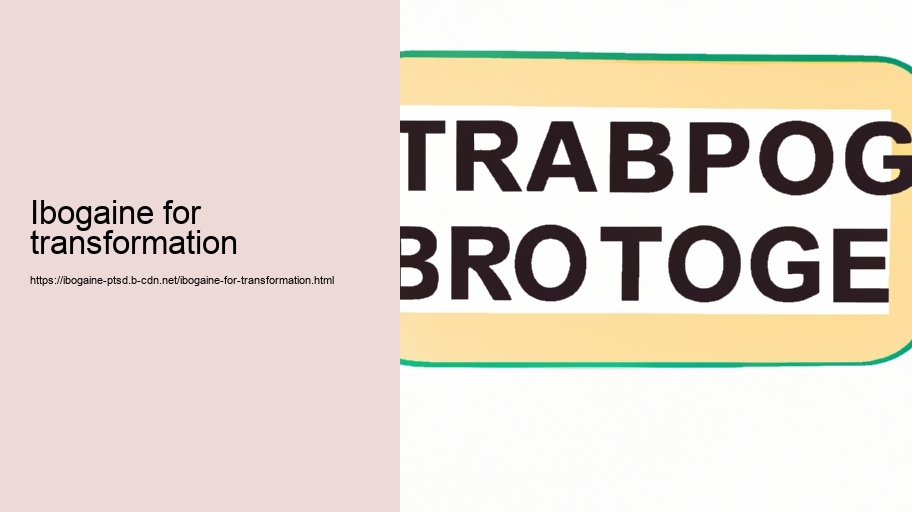Title: Ibogaine for Transformation: A Journey to the Inner Self
Introduction
The quest for personal transformation has been a constant pursuit throughout human history. From ancient rituals to modern therapies, individuals have sought pathways to change and self-improvement. In this context, ibogaine emerges as a unique substance that holds potential not only as an aid in overcoming addiction but also as a catalyst for profound psychological transformation. This essay explores the enigmatic world of ibogaine, its traditional roots, its controversial use in modern therapy, and its ability to facilitate deep introspection and personal growth.
Traditional Roots of Ibogaine
Ibogaine is derived from the root bark of the Tabernanthe iboga tree, native to West-Central Africa. For centuries, it has been integral to the spiritual practices of the Bwiti religion in Gabon. During initiation ceremonies, it serves as a sacrament intended to connect participants with their ancestors and guide them through a transformative spiritual journey aimed at healing and self-discovery.
In these traditional contexts, ibogaine is revered for its capacity to induce visions and provide insights into one's life purpose. The experiences elicited by ibogaine are often described as dreamlike states where symbolic narratives unfold, allowing individuals to confront deep-seated fears and unresolved issues.
The Controversial Move towards Modern Therapy
Western interest in ibogain’s therapeutic properties surged during the 1960s when Howard Lotsof inadvertently discovered its ability to alleviate opioid withdrawal symptoms. Since then, despite regulatory hurdles and lack of formal approval by medical authorities such as the FDA, several alternative treatment centers worldwide have adopted it as an experimental form of addiction therapy.
Proponents argue that beyond mitigating withdrawal effects, ibogaine offers a chance for addicts to reset their lives by addressing underlying psychological traumas that contribute to their dependency. Critics caution against potential side effects and emphasize that more research is necessary before endorsing it widely for clinical use.
Facilitating Deep Introspection
What distinguishes ibogaine from conventional pharmacotherapy is its psychospiritual component. Users frequently report life-affirming revelations during their encounters with this psychoactive alkaloid—a process sometimes described as confronting one's soul or inner truth.
This intense reflective experience can be challenging yet enlightening; individuals may relive past experiences or visualize metaphorical representations of their struggles. Through this process—often termed "ibogaine therapy"—some emerge with renewed perspectives on life events and relationships that had previously left them feeling trapped or directionless.
Ethical Considerations & Future Directions
As with any potent psychotropic agent used outside conventional medical frameworks, ethical considerations abound regarding consent processes, professional oversight, treatment settings' safety standards, and follow-up care post-ibogain administration.
Furthermore, scientific inquiry continues into how ibogain exerts its effects on brain chemistry—particularly concerning addiction interruption—and which elements might be replicated or enhanced safely within conventional therapeutic contexts.
Conclusion
Ibogain stands at the crossroads between ancient tradition and cutting-edge science—a natural compound whose full potential remains uncharted territory in our understanding of mind-altering substances. While caution must govern our approach toward harnessing its power for transformational purposes—be they physical detoxification or psychological rebirth—the stories of those who claim profound life changes under its influence cannot be dismissed out-of-hand.
A respectful fusion between rigorous scientific evaluation and acknowledgment of traditional wisdom could pave the way forward—potentially offering new avenues where individuals seeking change might find not just symptom relief but also deeper existential renewal through encounters with this mysterious molecule: ibogain for transformation.
